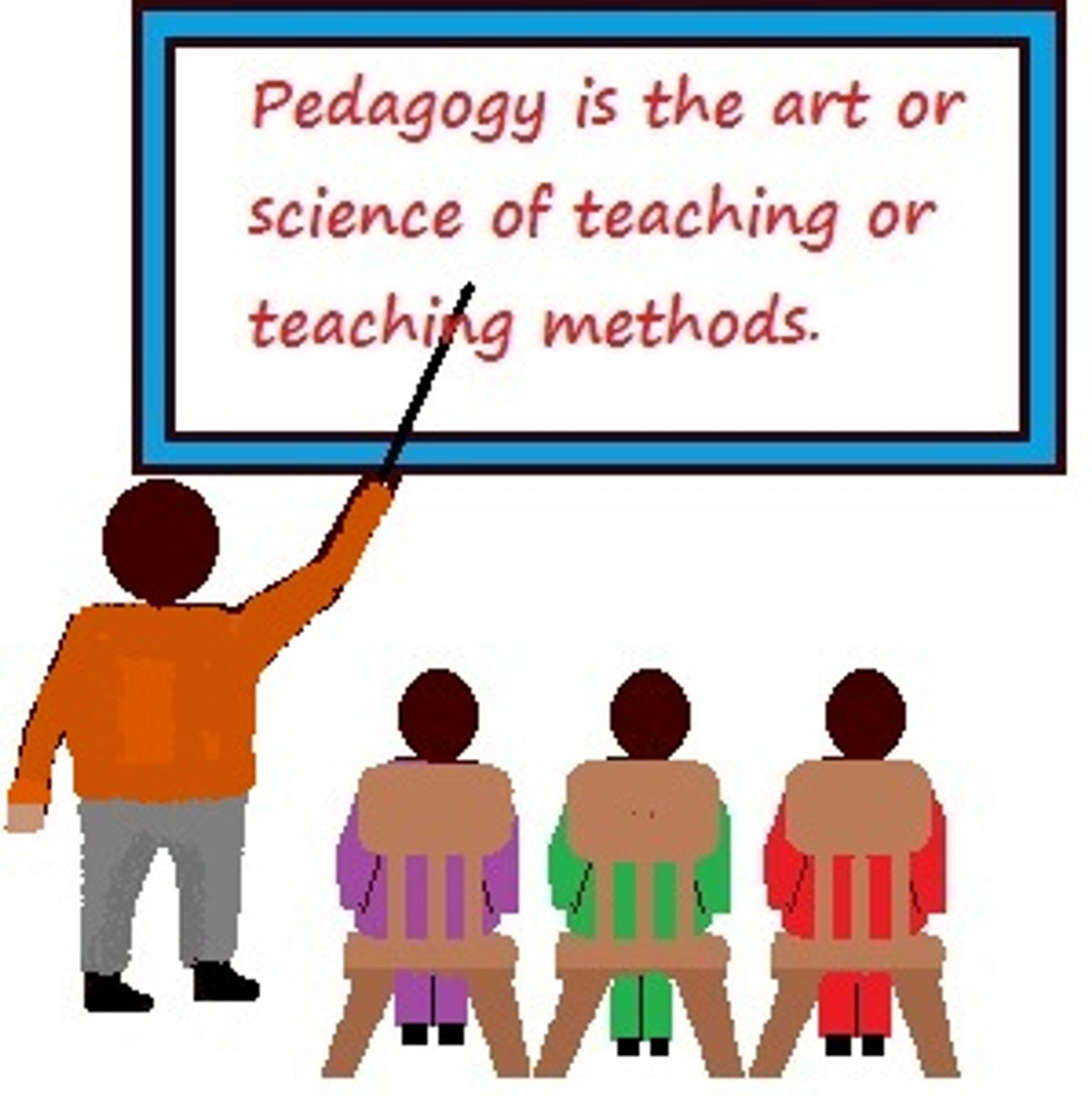Leader of Pedagogy

Semester 1 Reports
Soon you will receive your child's Semester 1 report. If you have a child in Years 3 - 6, you will notice that there have been some changes made to the reporting areas. These are similar to the changes made to the K - 2 reports last year due to curriculum reform.
Previously, the English reports for students from Stages 2 and 3 graded students in the areas of Speaking & Listening, Writing & Representing, Reading & Viewing.
In line with the new English curriculum implemented this year, focus areas will now be Oral Language & Communication, Vocabulary, Reading Fluency (Stage 2 only), Reading Comprehension, Creating Written Texts, Spelling, Handwriting, Digital Transcription, and Understanding & Responding to Literature.
Stage 2 English Focus Areas
- Oral Language & Communication - communicates with familiar audiences for social and learning purposes, by interacting, understanding and presenting
- Vocabulary - builds knowledge and use of vocabulary through interacting, wide reading and writing, and by defining and analysing words
- Reading Fluency - sustains independent reading with accuracy and automaticity suited to purpose, audience and meaning
- Reading Comprehension - reads and comprehends texts for wide purposes using knowledge of text structures and language, and by monitoring comprehension
- Creating Written Texts - plans, creates and revises written texts for imaginative/informative/persuasive purposes, using text features, sentence-level grammar, punctuation and word-level language for a target audience.
- Spelling - selects, applies and describes appropriate generalisations and strategies when spelling in a range of contexts
- Handwriting - forms legible joined letters to develop handwriting fluency
- Digital Transcription - uses digital technologies to create texts
- Understanding & Responding to Literature - identifies and describes how ideas are represented in literature and strategically uses similar representations when creating texts
Stage 3 English Focus Areas
- Oral Language & Communication - communicates to wide audiences with social and cultural awareness, by interacting and presenting, and by analysing and evaluating for understanding
- Vocabulary - extends vocabulary through interacting, wide reading and writing, morphological analysis and generating precise definitions for specific contexts
- Reading Comprehension - fluently reads and comprehends texts for wide purposes, analysing text structures and language, and by monitoring comprehension
- Creating Written Texts - plans, creates and revises written texts for multiple purposes and audiences through selection of text features, sentence-level grammar, punctuation and word-level language
- Spelling - automatically applies taught generalisations and strategies when spelling in a range of contexts, and justifies spelling strategies used to spell unfamiliar words
- Handwriting - sustains a legible, fluent and automatic handwriting style
- Digital Transcription - selects digital technologies to suit audience and purpose to create texts
- Understanding & Responding to Literature - analyses representations of ideas in literature and adapts these representations when creating texts
